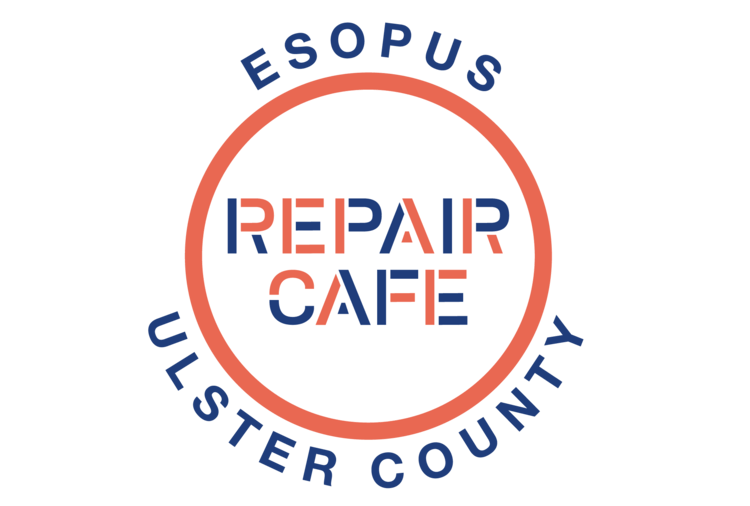FUNDRAISER FOR IMMEDIATE EARTHQUAKE RESPONSE FOR HAITI
POTO MITAN: HAITIAN WOMEN, PILLARS OF THE GLOBAL ECONOMY Rosendale
Theatre – 408 Main Street
Monday, February 15, 2010, 6:00p.m.
Report on Haiti’s current situation by local Haiti solidarity activist /
scholar Mark Schuller
Discussion to follow
Suggested donation – $10
For those who cannot attend but would like to make a tax deductible
donation to this effort, checks can be made out to “Lambi Fund” (with
“Poto Mitan Rosendale Fundraiser” on memo line) and mailed to:
Lambi Fund of Haiti
PO Box 18955
Washington DC 20036
“A moving and stirring film, showing Haitian women speaking for
themselves. A must see!â€
– Edwidge Danticat, Macarthur Fellow and award-winning author of
Brother, I’m Dying
“Poto Mitan is a valuable tool. Indeed, the value of the film for
advocacy and education results not just from the quality of the story
telling but also from the quality of the film itself. People will want
to see this film, and… be open to demanding change from policymakers.â€
– Tom Ricker, Haiti Reborn / Quixote Center
“Poto Mitan is a testimony of the courage, resilience and determination
of Haitian women. Needless to say that I’m very thrilled! I encourage
everyone to support this great endeavour!â€
– Marlene Bastien, founder-director of FANM, Miami
Haiti is experiencing the most devastating humanitarian crisis of our
generation. Estimates of 200,000 dead only scratch the surface. Images
in mainstream media only serve to make people feel powerless. Haitian
people are the heroes of this story, and they are doing everything they
can. They do need our help – and we can give it – but first and foremost
they need our respect.
Haiti’s image in mainstream and alternative media is almost entirely
negative: an endless stream of dire poverty, protracted violence, and
extreme fallout from natural disasters. Poto Mitan provides viewers
desperately-needed historical context and understanding of people
confronting these issues. Told through compelling lives of five
courageous Haitian women workers, Poto Mitan gives the global economy a
human face. Each woman’s personal story explains neoliberal
globalization, how it is gendered, and how it impacts Haiti: inhumane
working/living conditions, violence, poverty, lack of education, and
poor health care. While Poto Mitan offers in-depth understanding of
Haiti, its focus on women’s subjugation, worker exploitation, poverty,
and resistance demonstrates these are global struggles. Finally, through
their collective activism, these women demonstrate that despite
monumental obstacles in a poor country like Haiti, collective action
makes change possible.
Marie-Jeanne details dual struggles as a woman and worker: she toils
under miserable conditions to give her children the education she was
denied because of gender discrimination and the high cost of school.
Living and braving death in Cite Soleil, Solange details how Haiti’s
current violence stems from a long-brewing economic crisis and how the
global apparel industry’s inherent instability affects Haiti. Frustrated
with male-dominated unions, Frisline offers a Marxist-feminist analysis
of Haiti’s contemporary situation, including Haiti’s 2008 food crisis.
Working for thirty years, Therese brings wisdom, a historical
perspective, and a comparative analysis. Pushed off her land by foreign
agricultural policies, activist Helene leads a new grassroots campaign
against violence, encouraging women to defend themselves. These five
brave women demonstrate that despite monumental obstacles in a poor
country like Haiti, collective action makes change possible.
Poto Mitan’s uniqueness springs from the five women’s acute
understanding of the power of film. The women implored us to share their
stories with fellow U.S. citizens who have the power to make change.
Haiti’s poor majority – especially women – are often spoken for and
about, but rarely given the chance to speak on their own behalf. Until now.
Following the 50-minute film New Paltz resident and Haiti solidarity
activist Mark Schuller will report on his expertise and experience
participating in grassroots response efforts. The New Paltz community
sent Mark with $2000 cash and 1000 pounds of humanitarian aid as part of
one of the first medical missions to arrive in response to the earthquake.
Mark Schuller is Assistant Professor of African American Studies and
Anthropology at York College, the City University of New York. In
addition to understanding contemporary Haiti, Schuller’s research
contributes to globalization, NGOs, civil society, and development.
Winner of the APLA paper prize, Schuller has published a half-dozen
peer-reviewed articles and a couple book chapters about Haiti in
addition to several articles in public media including Counterpunch,
Common Dreams, and the Center for International Policy. He co-edited
Capitalizing on Catastrophe: Neoliberal Strategies in Disaster
Reconstruction (2008, Alta Mira) and Homing Devices: the Poor as Targets
of Public Housing Policy and Practice (2006, Lexington). Schuller is
also co-producer and co-director of documentary Poto Mitan: Haitian
Women, Pillars of the Global Economy (2009, Documentary Educational
Resources). He is a founding member of the Society for Applied
Anthropology’s Human Rights and Social Justice Committee and is active
in a range of grassroots efforts.
For more information please visit:
http://www.potomitan.net
For those who can’t make it and want an update on the current situation,
see Mark’s essay on Counterpunch:
http://www.counterpunch.org/schuller02112010.html
For ideas about how to give to other relief efforts, see Mark’s essay on
Common Dreams:
http://www.commondreams.org/view/2010/01/15-11
Mark Schuller, Assistant Professor
African American Studies and Anthropology
Department of Social Sciences
York College, City University of New York
94-20 Guy R. Brewer Blvd.
Jamaica, NY 11451
(718) 262-2611
www.potomitan.net
Jamie Levato, M.S. Ed
Educator & Consultant
JamieLevato@yahoo.com
1-888-776-5496























